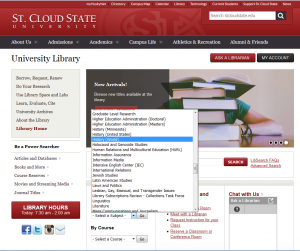The Tragic Decline of Music Literacy (and Quality)
Jon Henschen | August 16, 2018 | 529,478
https://www.intellectualtakeout.org/article/tragic-decline-music-literacy-and-quality
Both jazz and classical art forms require not only music literacy, but for the musician to be at the top of their game in technical proficiency, tonal quality and creativity in the case of the jazz idiom. Jazz masters like John Coltrane would practice six to nine hours a day, often cutting his practice only because his inner lower lip would be bleeding from the friction caused by his mouth piece against his gums and teeth. His ability to compose and create new styles and directions for jazz was legendary. With few exceptions such as Wes Montgomery or Chet Baker, if you couldn’t read music, you couldn’t play jazz.

Besides the decline of music literacy and participation, there has also been a decline in the quality of music which has been proven scientifically by Joan Serra, a postdoctoral scholar at the Artificial Intelligence Research Institute of the Spanish National Research Council in Barcelona. Joan and his colleagues looked at 500,000 pieces of music between 1955-2010, running songs through a complex set of algorithms examining three aspects of those songs:
1. Timbre- sound color, texture and tone quality
2. Pitch- harmonic content of the piece, including its chords, melody, and tonal arrangements
3. Loudness- volume variance adding richness and depth
In an interview, Billy Joel was asked what has made him a standout. He responded his ability to read and compose music made him unique in the music industry, which as he explained, was troubling for the industry when being musically literate makes you stand out. An astonishing amount of today’s popular music is written by two people: Lukasz Gottwald of the United States and Max Martin from Sweden, who are both responsible for dozens of songs in the top 100 charts. You can credit Max and Dr. Luke for most the hits of these stars:
Katy Perry, Britney Spears, Kelly Clarkson, Taylor Swift, Jessie J., KE$HA, Miley Cyrus, Avril Lavigne, Maroon 5, Taio Cruz, Ellie Goulding, NSYNC, Backstreet Boys, Ariana Grande, Justin Timberlake, Nick Minaj, Celine Dion, Bon Jovi, Usher, Adam Lambert, Justin Bieber, Domino, Pink, Pitbull, One Direction, Flo Rida, Paris Hilton, The Veronicas, R. Kelly, Zebrahead
++++++++++++++++
more on metaliteracies in this IMS blog
https://blog.stcloudstate.edu/ims?s=metaliteracies



